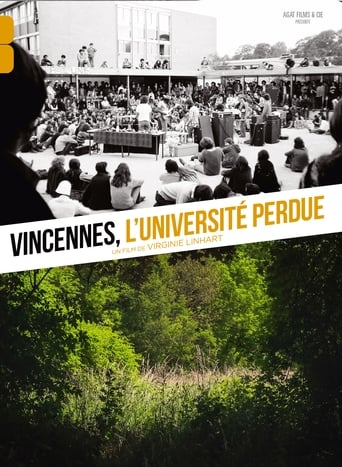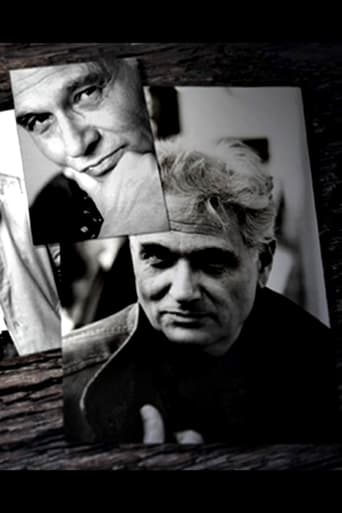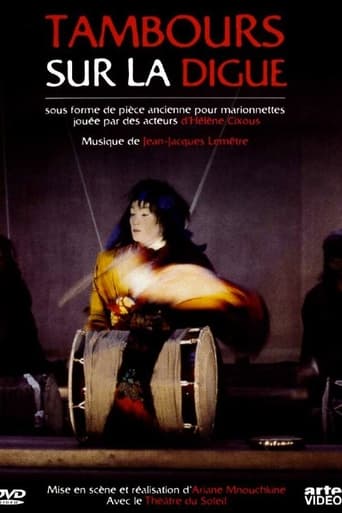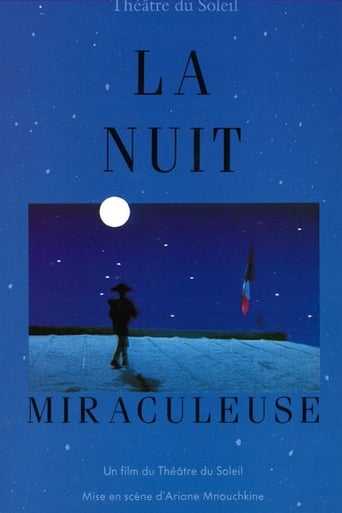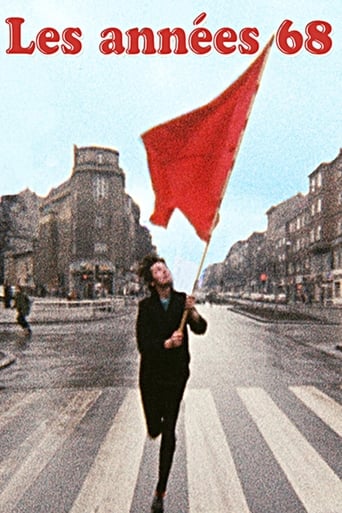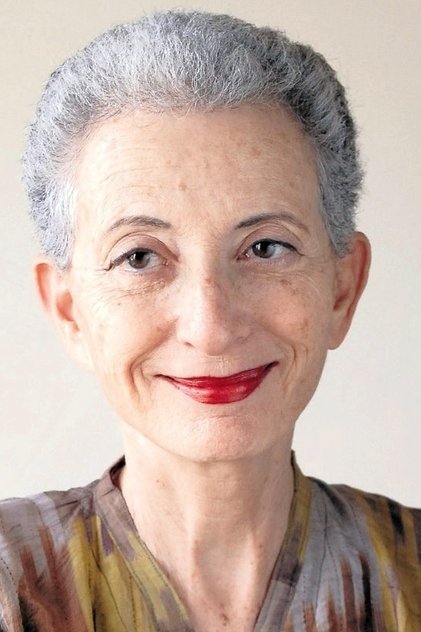
Hélène Cixous
Hélène Cixous (born 5 June 1937) is a French writer, playwright and literary critic. During her academic career, she was primarily associated with the Centre universitaire de Vincennes (today's University of Paris VIII), which she co-founded in 1969 and where she created the first centre of women's studies at a European university. Known for her experimental writing style and great versatility as a writer and thinker, she has written more than seventy books dealing with multiple genres: theater, literary and feminist theory, art criticism, autobiography and poetic fiction. She first gained attention in 1969 with her first work of fiction, Dedans (Inside), a semi-autobiographical novel which won the Prix Médicis and explored the themes of identity, memory, death and writing. She is perhaps best known for her 1976 article "The Laugh of the Medusa", which established her as one of the early thinkers in post-structural feminism. She has collaborated with several artists and directors, such as Adel Abdessemed, Pierre Alechinsky, Simone Benmussa, Jacques Derrida, Simon Hantaï, Daniel Mesguich and Ariane Mnouchkine. She is considered a strong contender for the Nobel Prize in Literature. Cixous was born in Oran, French Algeria, to Jewish parents, Eve Cixous, née Klein, (1910–2013) and Georges Cixous (1909–1948). Georges Cixous, a physician who had written his dissertation on tuberculosis, died of the disease in 1948. Eve Cixous became a midwife in Algiers following his death, "until her expulsion with the last French doctors and midwives in 1971." Cixous' brother, Pierre, "a medical student and a supporter of Algerian independence" was condemned to death in 1961 by the Organisation armée secrète, and joined Cixous in Bordeaux. Her mother and brother returned to Algeria following the country's independence in 1962. They were arrested, and Cixous "obtained their release with the help of Ahmed Ben Bella's lawyer." Cixous married Guy Berger in 1955, with whom she had three children, Anne-Emmanuelle (b. 1958), Stéphane (1960–1961), and Pierre-François (b. 1961). Cixous and Berger divorced in 1964. Cixous earned her agrégation in English in 1959 and her Doctorat ès lettres in 1968. Her main focus, at this time, was English literature and the works of James Joyce. Cixous became assistante at the University of Bordeaux in 1962, served as maître assistante at the Sorbonne from 1965 to 1967, and was appointed maître de conférence at Paris Nanterre University in 1967. In 1968, following the French student riots, Cixous was charged with founding the University of Paris VIII, "created to serve as an alternative to the traditional French academic environment." Cixous would, in 1974, found the University's center for women's studies, the first in Europe. Cixous is a professor at the University of Paris VIII and at the European Graduate School in Saas-Fee, Switzerland. In 1968, Cixous published her doctoral dissertation L'Exil de James Joyce ou l'Art du remplacement (The Exile of James Joyce, or the Art of Displacement) and the following year she published her first novel, Dedans (Inside), a semi-autobiographical work that won the Prix Médicis. ... Source: Article "Hélène Cixous" from Wikipedia in English, licensed under CC-BY-SA 3.0.
- Teideal: Hélène Cixous
- Coitianta: 0.713
- Is eol do: Writing
- Breithlá: 1937-06-05
- Áit bhreithe: Oran, France [now Algeria]
- Leathanach baile:
- Ar a dtugtar:

